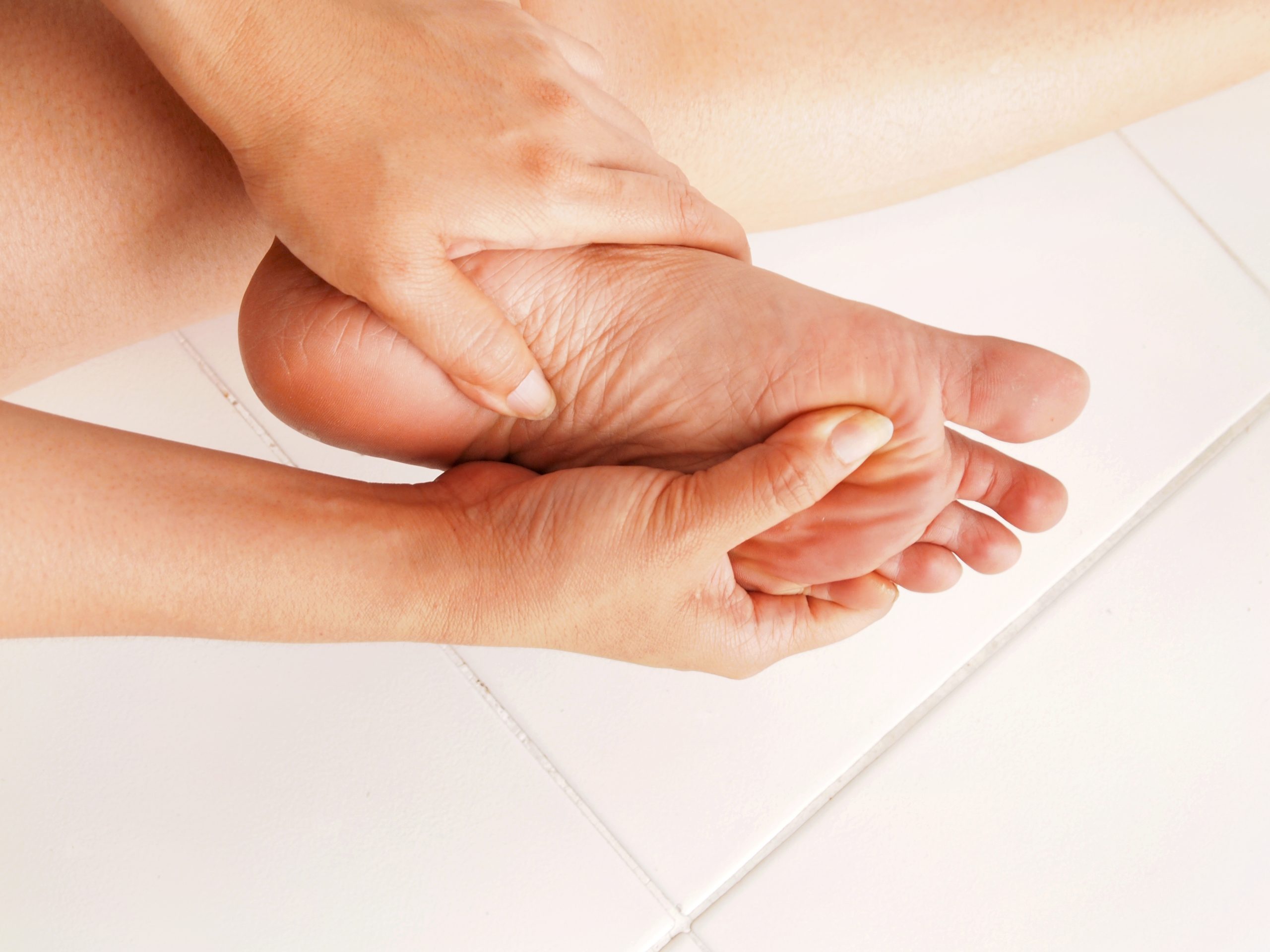An ankle sprain can feel like a minor setback at first. You rest, ice it, and get back to your routine. But for many active individuals, the problem does not end there. The ankle rolls again and pain lingers. What felt temporary starts to feel chronic. Why Some Ankle Sprains Do Not Fully Heal An ankle sprain affects the ligaments that help stabilize the joint....
Podiatrists are medical professionals specializing in diagnosing and treating conditions related to the feet, ankles, and lower extremities. Whether you’re experiencing foot pain, an ankle injury, or a chronic condition, a podiatrist is the go-to specialist for foot and ankle health. Dr. Rachel Verville at RNV Podiatry in Frisco, TX, has the experience and training to address a wide range of foot and ankle conditions,...
Foot pain is a common issue that can affect anyone, whether you’re dealing with a sports injury, long hours on your feet, or simply the wear and tear of daily life. While some mild foot pain may resolve with rest and home remedies, certain symptoms require professional care. Knowing when to seek help from a podiatrist can make all the difference in getting the right...
A sprained ankle is a common injury, often caused by twisting or rolling the ankle. While most sprains heal with basic care, some may require medical attention.
Ganglion cysts are a common occurrence. Medically speaking, they are uncomfortable, potentially painful, fluid-filled lumps that are usually present around the joints or tendons. Ultimately, if you notice a small, round bump in a place like on your ankle or foot, it could be a ganglion cyst—and you might be wondering about treatment options. RNV Podiatry, in McKinney, TX, specializes in diagnosing and treating these...
A sprained ankle is one of the most common foot injuries that can be experienced in McKinney, TX. However, the condition also leaves people wondering if they can still walk with a sprained ankle. No matter how the injury occurred, be it because of a trip or fall, a sports injury, or a simple misstep, the first concern is usually focused on mobility. RNV Podiatry...
Two common foot conditions that can impact mobility and comfort are flat feet and Achilles tendon injuries. Additionally, these conditions are oftentimes connected to each other. Flat feet can place added strain and pressure on the Achilles tendon, which increases the likelihood of injury. However, can treating flat feet also resolve Achilles tendon issues? The Link Between Flat Feet and Achilles Tendon Injuries One of...
When you experience pain in your foot or ankle, it can compromise your quality of life in more ways than one, potentially slowing you down, limiting your mobility, or keeping you from your favorite activities. Often, the best way to get back on your feet quickly is to seek care from an experienced podiatrist. A common question that patients have is how long they should...
Patients choose to see a podiatrist for any number of reasons. Often, the instigating factor is a referral from their general physician. For example, you may see your regular doctor to ask questions about persistent pain in your foot or ankle. Following an examination and an initial diagnosis, your doctor may recommend that you see a foot specialist for confirmation and further care. While it...
When you are dealing with chronic or acute foot problems, your podiatrist may draw from a wide range of treatment options. One of the most common treatments is the use of orthotics. Simply put, orthotics are special shoe inserts that your podiatrist may prescribe to improve your foot posture and support. Orthotics can relieve pain, address abnormal walking patterns, and much more. What makes orthotics...
Categories
- Achilles Tendon (11)
- Ankle Sprain (13)
- Bunion (9)
- Diabetic Foot Problems (6)
- Flat Feet (4)
- Foot Care (21)
- Foot Pain (9)
- Foot Surgery (6)
- Footwear (5)
- Ganglion Cyst (2)
- Gout (8)
- Plantar Fasciitis (20)
- Plantar Warts (1)
- Podiatrist (27)
- Sports Injury (18)
- Stress Fracture (14)
- Uncategorized (6)












